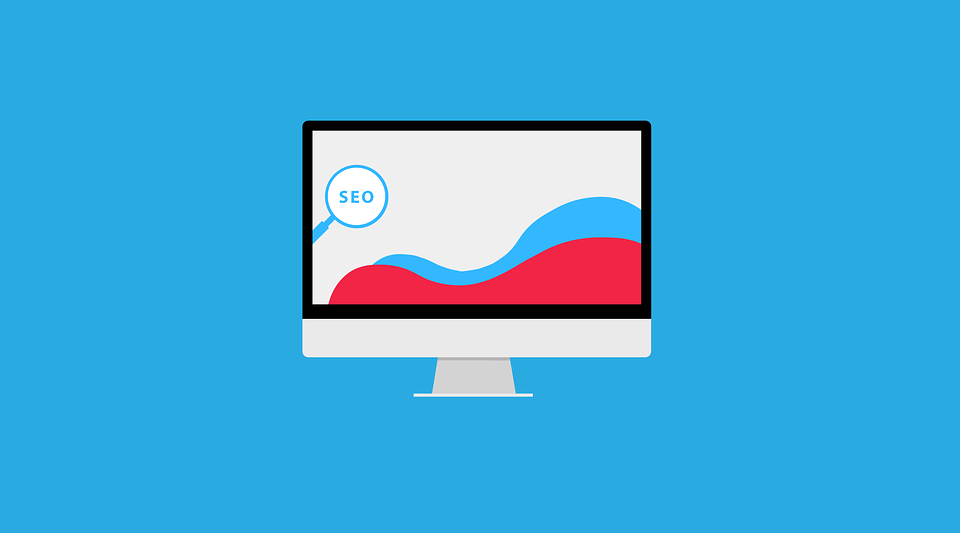SEO has always been very dynamic, and the rapid spread of mobile devices, especially smartphones, has pushed the dynamism to new levels. To engage in any marketing activity is now just enough to whip out the smartphone from your pocket and ahoy, SEO is at your fingertips. Online marketing had become so much mobile that people tend to forget the times when desktop computers were the only means of accessing SEO. Indeed, mobile SEO is the most significant development that catches the eye, but along with it, there has been some other change, which is equally important. To meet the expectations of mobile device users, websites have become speedier than before, thanks to the widespread use of responsive web design.

The progressive speed enhancement of websites has happened in two phases – firstly, WordPress changed the SEO game by creating sites that open faster and secondly, responsive web design took it a step ahead and created even faster websites. To survive the intense competition in gaining high visibility, it has become necessary to ensure that websites are speedy and mobile-friendly. Since all WordPress themes are not the same, you must carefully choose a suitable theme that does not have heavy design elements and provides support in creating websites that open pages very fast besides having the best functionalities and features. Unless websites are speedy no matter how well it functions, it will never make users happy. Remember that the ideal page opening time is just 2 seconds, and the farther your website is from it, lower are the chances of doing well in SEO.
Patience is diminishing
The primary requirement for good SEO services Singapore is that you must keep users always happy and should be aware of what to do to keep them happy. Users call the shots both for search engines and marketers who must find ways of pleasing them by meeting their expectations. Technological advancement is not only raising the bar for SEO but also fueling higher expectations among users. They expect too much too soon, no matter how far-fetched it might seem. That is evident in their love for fast opening websites as users expect websites to open instantly upon clicking the link. The longer time it takes for websites to open, it challenges the patience of users who would not wait but explore some other website. And they would never come back again.
Google goes the user’s way
Meeting user expectation is the top agenda for Google and other search engines because their existence hinges around it. Google is hell-bent to ensure that users get the best experience and continuously work towards it. Following in the footsteps of users who prefer speedy websites, Google has declared that page speed is now a ranking factor. Naturally, it leaves no room for any choice but ensures that websites are speedy or else you are on the wrong side of the law.
Here are some things to do to make your website faster.
Know where you stand
It is common sense that to improve page speed, you must first know its current speed and identify the causes for it. It should help to set some realistic goal and develop strategies for improving speed. Only when you know what hinders speed that you can address the issue and work for improvement. Google’s Page Insight Tool should help to know where you stand and even point out the areas of improvement. The first lesson is that fewer web pages accelerate page opening time, and there are some other things to do for improving it further. Using optimized images improve page speed as also using fewer ads, compressing codes, and fewer external scripts, all of which add more speed to websites. Besides, improving server response time impacts website speed and opens pages faster.
Image compression

Too many images slow down websites, and you must use images optimally, and only compressed images should find a place on websites. Many WordPress plugins help in compressing images up to 70%, which is significant because images constitute 56% of the page weight. When you compress images by using WordPress plugins, the resolution and appeal of images remain unaffected. Removing unused colors from images and stripping Metadata from it helps in compression.
Server optimization
The server response time affects website speed and slows it down. Check if the server response time supports the website speed or even improves it and if not, then you must think about optimizing the server to reduce the response time and make it faster. The software used in servers is also a factor that affects website speed.
Dedicated hosting service reduces the possibilities of slowing down websites, and it is advisable to avoid shared hosting service. Only if you can ensure that you have resources dedicated exclusively for you in shared hosting that it might work to some extent.


